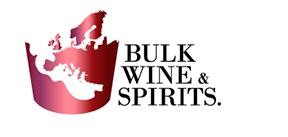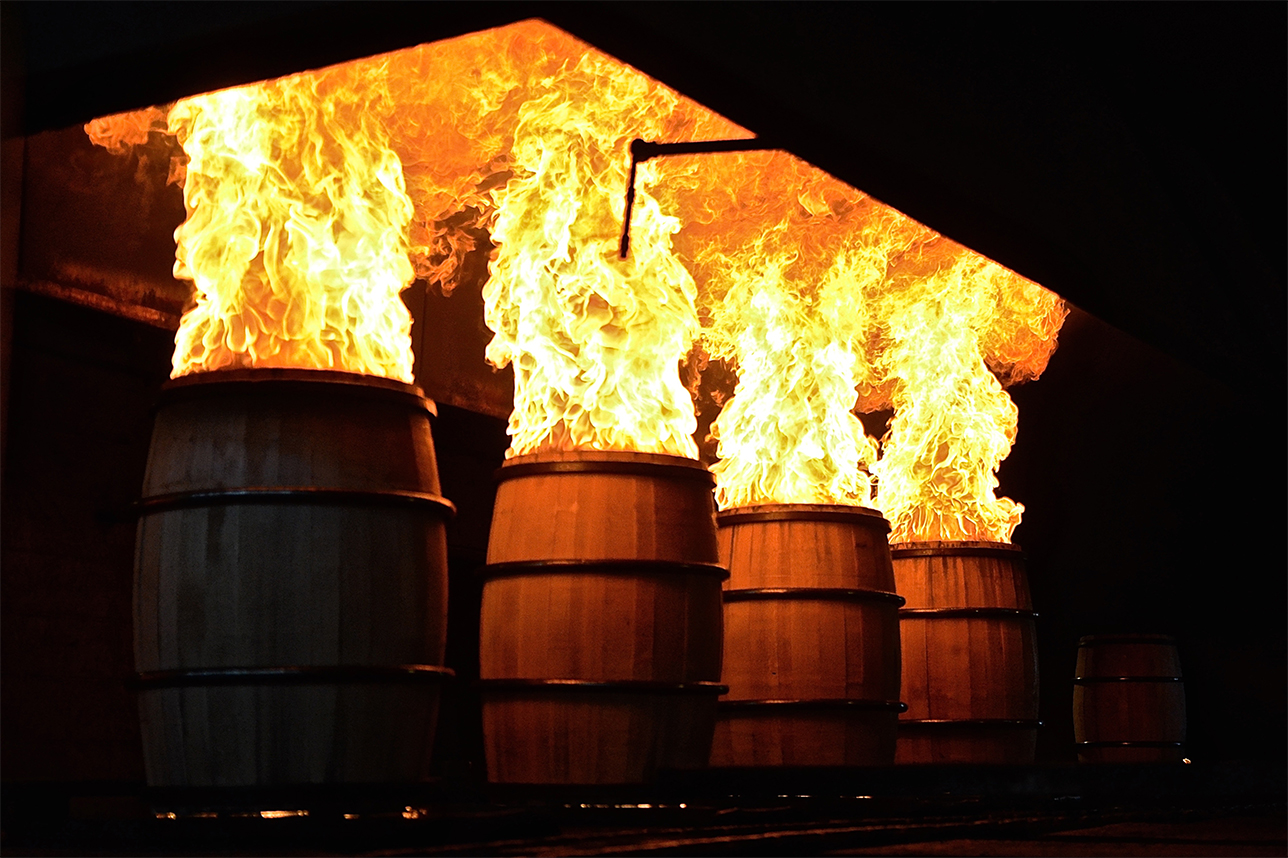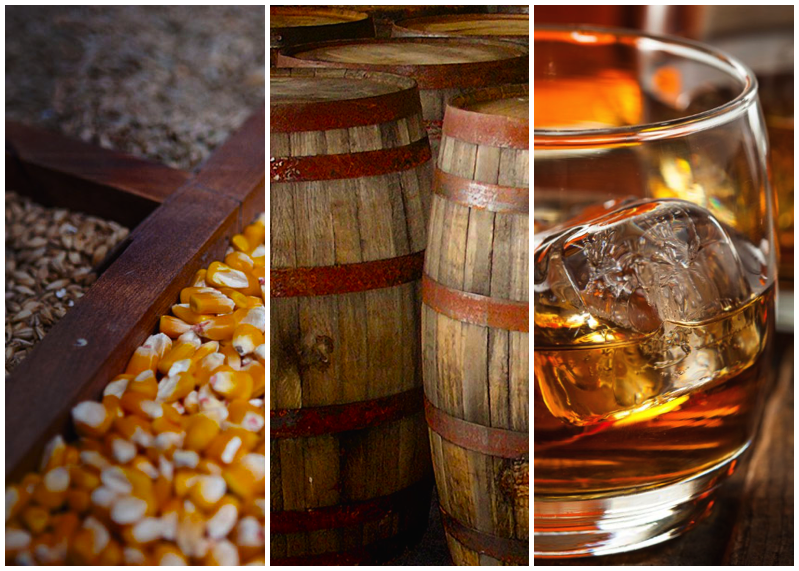Bourbon industry has experienced huge growth over the past decade. As time goes by, there are more and more producers of this product, so we have a wide range of ages and prices. But… how is it made?
Whether you are just getting into bourbon or an expert on the matter, we can all use a reminder on the subject. So, let’s quick have a look on a few principals’ details about this kind of whisky.
BOURBON ESSENTIALS
All bourbons are whiskeys, but not all whiskeys are bourbon. This is just a branch within the whisky industry. It can only be made in the United States; and maybe you do not know this, but it can be made in any of the fifty states in the union.
- Bourbon can be made in any of the 50 states of the United States
- The importance of the mash bill or grain makeup in a whiskey. Bourbon has to be made at least with a 51% of corn. It also can contain wheat, rye and malted barley
- Bourbon is most often first distilled in a column-still and then distilled in a doubler or thumper, essentially an attached continuous pot-still
- It must be aged in new and charred oak barrels. There’s no requirement about the time. Just two exceptions:
- Straight bourbon must be aged at least for 2 years
- Bottle-in-bond: aged at least for 4 years at one distillery in one season and bottled at 50% ABV
- It’s not allowed to distilled bourbon over 80%; It can’t go into a barrel at above 62.5% and it must be bottled at 40% or higher. (It has to be considered that once the bourbon is in the barrel, depending on where it is and for how long, can exceed the 62.5% ABV)
MASH BILL—MOSTLY CORN
The mash bill is related to the % of grains used to produce the whisky. In the case of the Bourbon, corn must include at least 51% of the mash bill. You can in fact use 100% corn to make a bourbon. The other grains in the recipe are referred to as “flavoring grains”. Wheat or rye are typically used. Also, a tiny portion, typically 5%, is made up of malted barley. According to the distribution of % of grains you can find:
- Wheated bourbons: the ones using at least a 18% of wheat
- High-rye Bourbons: the ones using at least a 18% of rye
- Traditional bourbon recipes: the ones using 70-80% of corn plus wheat or rye and some barley.
DISTILLATION
Bourbon is most often first distilled in a column-still and then distilled in a doubler or thumper, essentially an attached continuous pot-still. Traditional pot stills can be, and are used.
AGING REQUIREMENTS
Bourbon need to be aged. However, there is no requirement for how long (or little) it must age in barrels. There are two exceptions to this.
- Firstly, if it is a Straight bourbon it must be aged for at least two years.
- Secondly, if it is “bottled-in-bond”, it must be aged for at least four years. It must also be distilled at one distillery, in one season, and be bottled at 50% ABV.
Finally, it has to be aged in new and charred oak barrels. There is no specification or using American oak, however, this is the most common.
PROOF
Although the method and type of still isn’t dictated, it is not allowed to distilled bourbon over 80% alcohol-by-volume (ABV). You must consider that, the higher proof you distill at, the less flavor you retain.
Moreover, bourbon cannot go into a barrel at above 62.5% strength of alcohol. Nevertheless, it should be noted that, depending on where and how long a bourbon ages, the proof once in the barrel can exceed that. It must be bottled at 40% ABV or higher.
TENNESSEE WHISKEY
Finally, just an interesting information for your knowledge, Tennessee whisky is, in terms of production, made exactly like bourbon with one notable exception: it is filtered through maple charcoal PRIOR to barreling. This process is known as the Lincoln County Process.
As we said before, bourbon can be made in any of the states of US, so in Tennessee we can find: Tennessee Whisky ( which is also bourbon) or Tennessee Bourbon (not considered Tennessee whisky as is not filtered through a maple charcoal prior to barreling).
ASK FOR PROFESSIONAL ADVICE
From Bulk Wine & Spirits we can offer you several types of Bourbon: from different origins, qualities, mash-bill and ages. We work in creating strong relationships with our suppliers and we will support your company from the moment you contact us looking for a specific product until the product arrives at your facilities.
Interested in receiving an offer? Contact us


